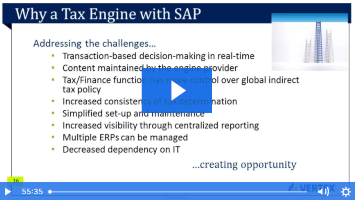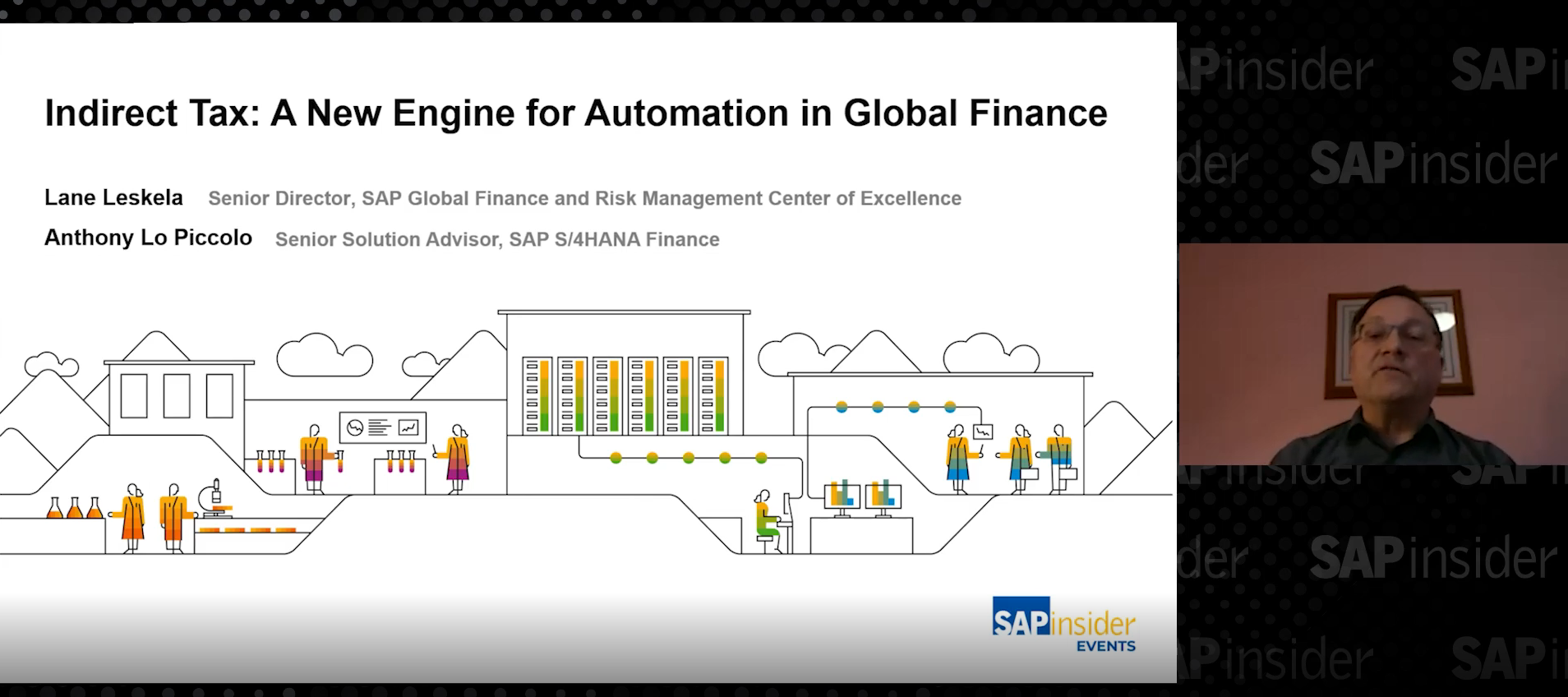Can Your Business Keep Up with Rapidly Changing Sales Tax Regulations?
How Cloud Solutions Provide Greater Agility to Respond to Change
Until recently, sales tax compliance hasn’t been a major focus for company leaders. Before the boom of ecommerce, the tax landscape didn’t change significantly. However, a very different world has emerged these past few years. Today, new legislation and increasingly complex rules that determine sales tax liabilities make tax compliance more difficult to navigate. Growing state deficits can add to this complexity by fueling the demand for sale tax audits as a means for recovery. When combined, these challenges require business owners to take a harder look at how they manage tax risk and whether their current technology stack is still up to the task.
The Challenges of On-Premise
Most on-premise tax solutions were not designed to address today’s ever-changing compliance challenges, such as continuous changes to state and federal tax rules. The sheer volume of tax rule changes can be overwhelming; in 2015 there were 428,000 worldwide.1 When these changes occur, legacy solutions are rarely agile enough to adopt these changes on the fly.
Often, changes to tax rules occur with minimal notice, so it’s not always easy to know when they happen or how they will affect your business. In order to keep up with the most current sales tax regulations, accounting teams can spend countless hours researching Department of Revenue websites for various states in the US for new tax compliance rules that may affect their business. From there, the IT staff has to manually configure new tax information into their ERP or accounting software for each state in which the company conducts business. After each cycle, the business has to begin the process all over again.
Explore related questions
The inefficiencies add up to a great deal of costly rework and wasted time. And the cost of this continuous change doesn’t even factor in the more obvious expense of on-premise technology: hardware procurement, lengthy implementation times, precious time spent performing monthly software, systems, and data maintenance, and rigid software licensing agreements.
Compliance in the Cloud
Many of these challenges can be lessened or eradicated altogether by implementing a cloud-based solution for sales tax management. A cloud provider is better equipped to keep its solution up to date and compliant in real time, freeing up countless hours for your accounting and IT staff while also decreasing the risk of errors or missteps. Due to this increased reliability, as well as the greater agility of cloud solutions, an organization can respond rapidly to changes in the business or to an auditor’s request. Furthermore, cloud sales tax solutions, such as those offered by Avalara, are in a much better position to adapt to sales growth than on-premise applications. For organizations with their sights set on growth, a legacy tax solution may not be robust enough to scale with the growth of your business.
Cloud-based solutions are easy and quick to implement, offering a “set it and forget it” simplicity to free up capital and resources previously consumed by less efficient systems and processes. Organizations can therefore avoid the drain of infrastructure and maintenance costs. Many cloud-based solutions can also integrate smoothly with SAP systems, giving your organization greater efficiency and access to all of your sales data.
Continuing to rely on old, outdated compliance solutions can hinder business growth, but putting complex, time-consuming processes such as sales tax compliance into the cloud frees up resources that could be better spent on growing sales, not managing them. Avalara helps make sales tax compliance simple and automatic for businesses of all sizes. Our end-to-end suite of solutions automatically determines taxability, identifies applicable tax rates, accurately calculates taxes, prepares and files returns, remits taxes, maintains tax records, and manages tax exemption certificates.
To learn more, visit www.avalara.com/learn/whitepapers/cloud-vs-premise-sales-tax-solutions.
1 Determined by a 2016 independent Avalara study. [back]






